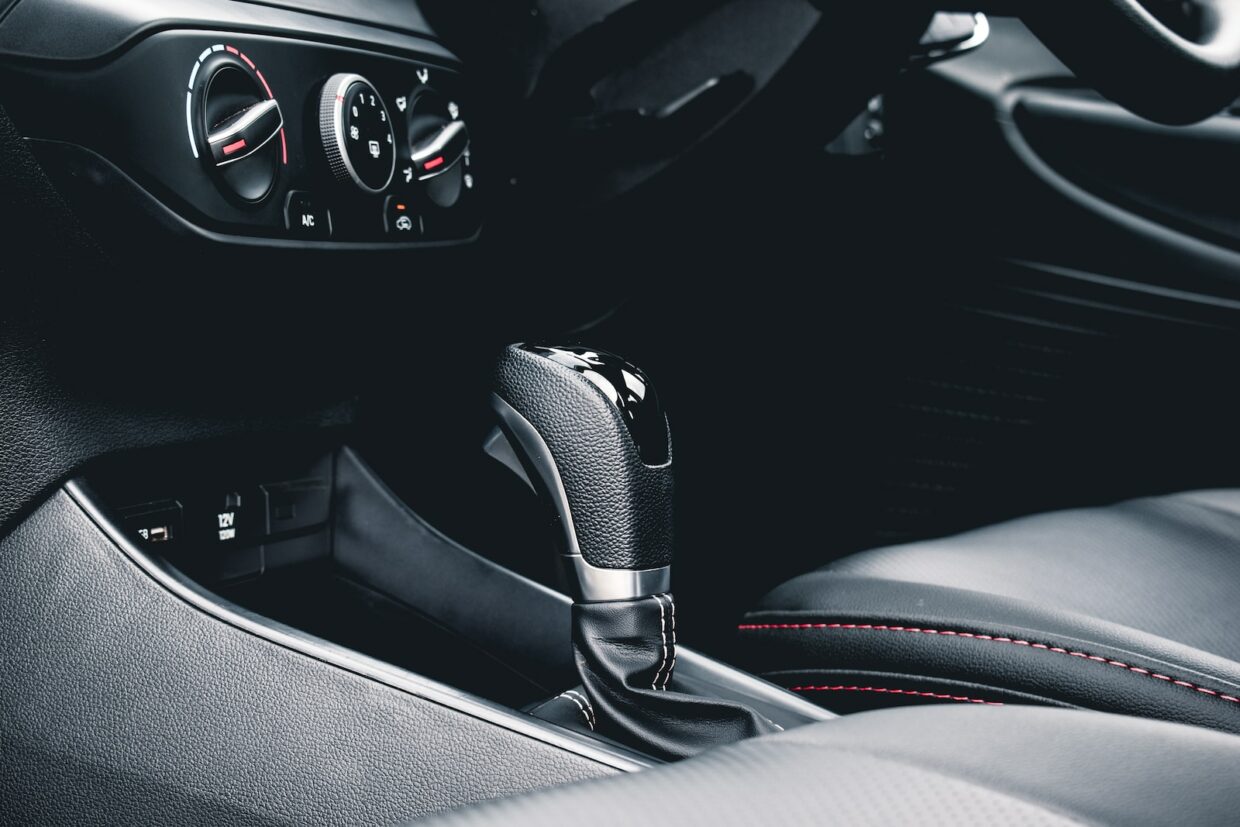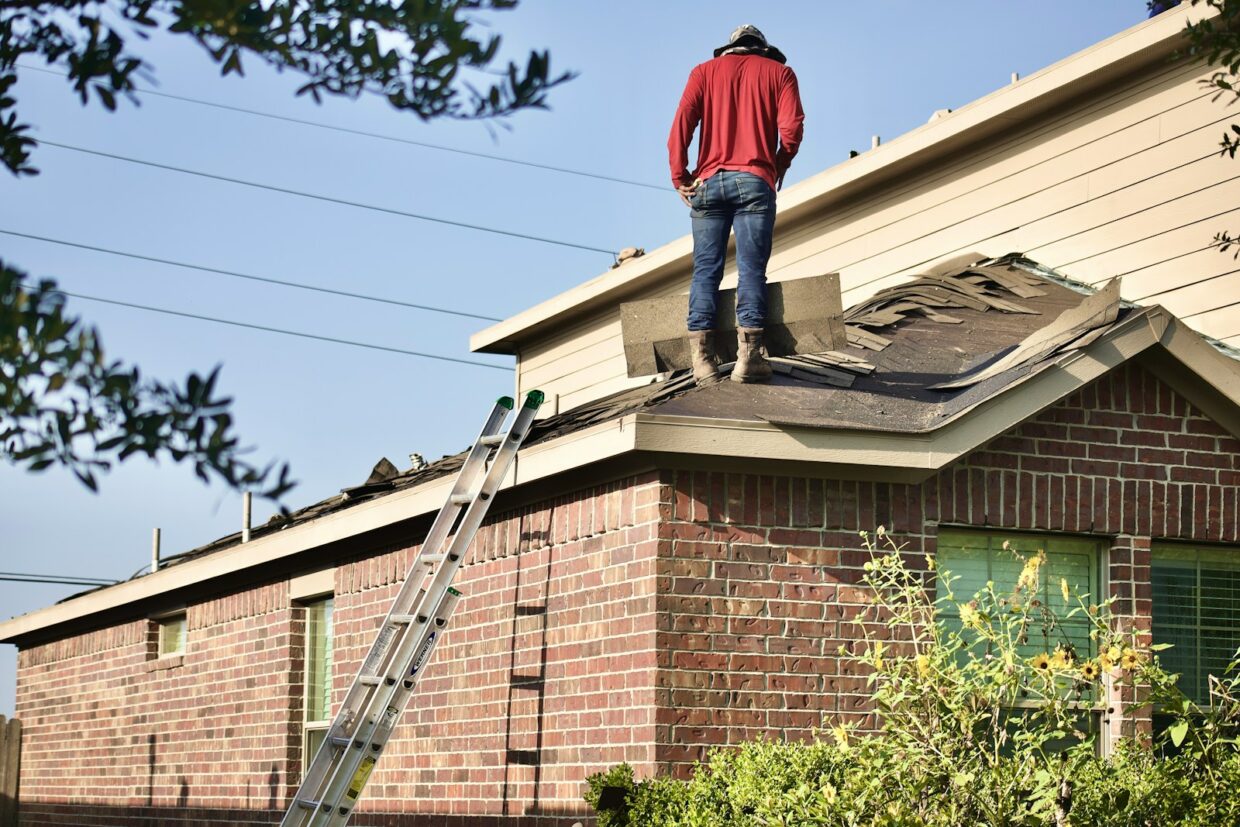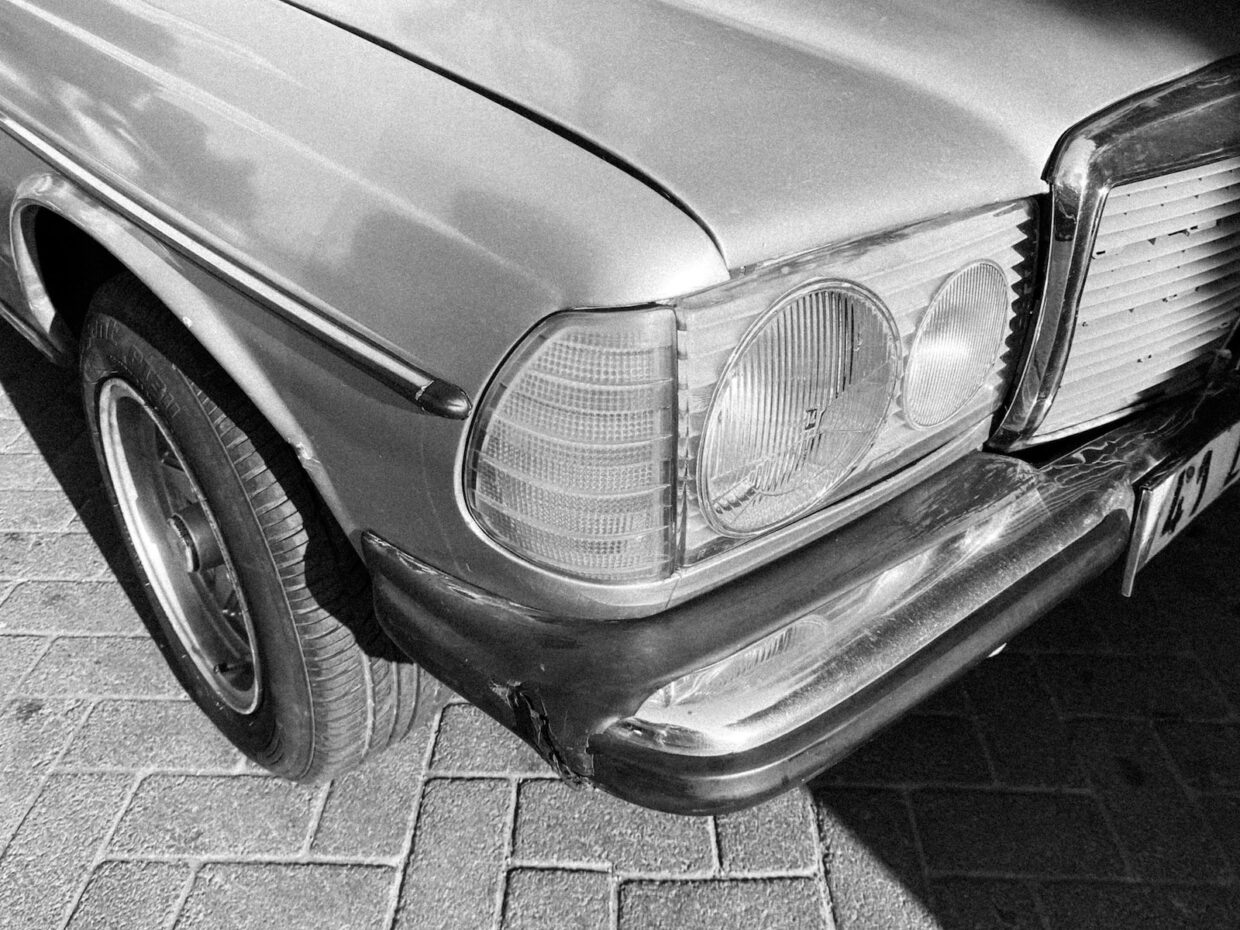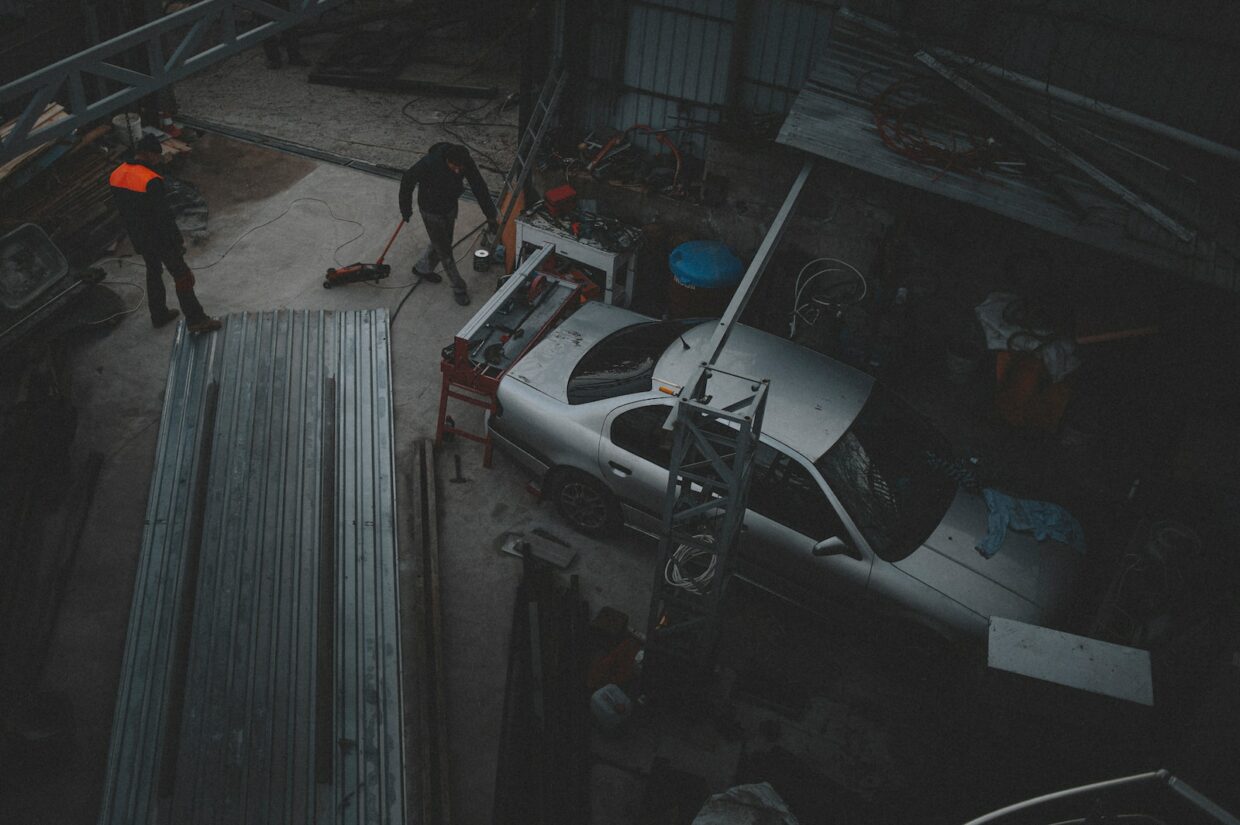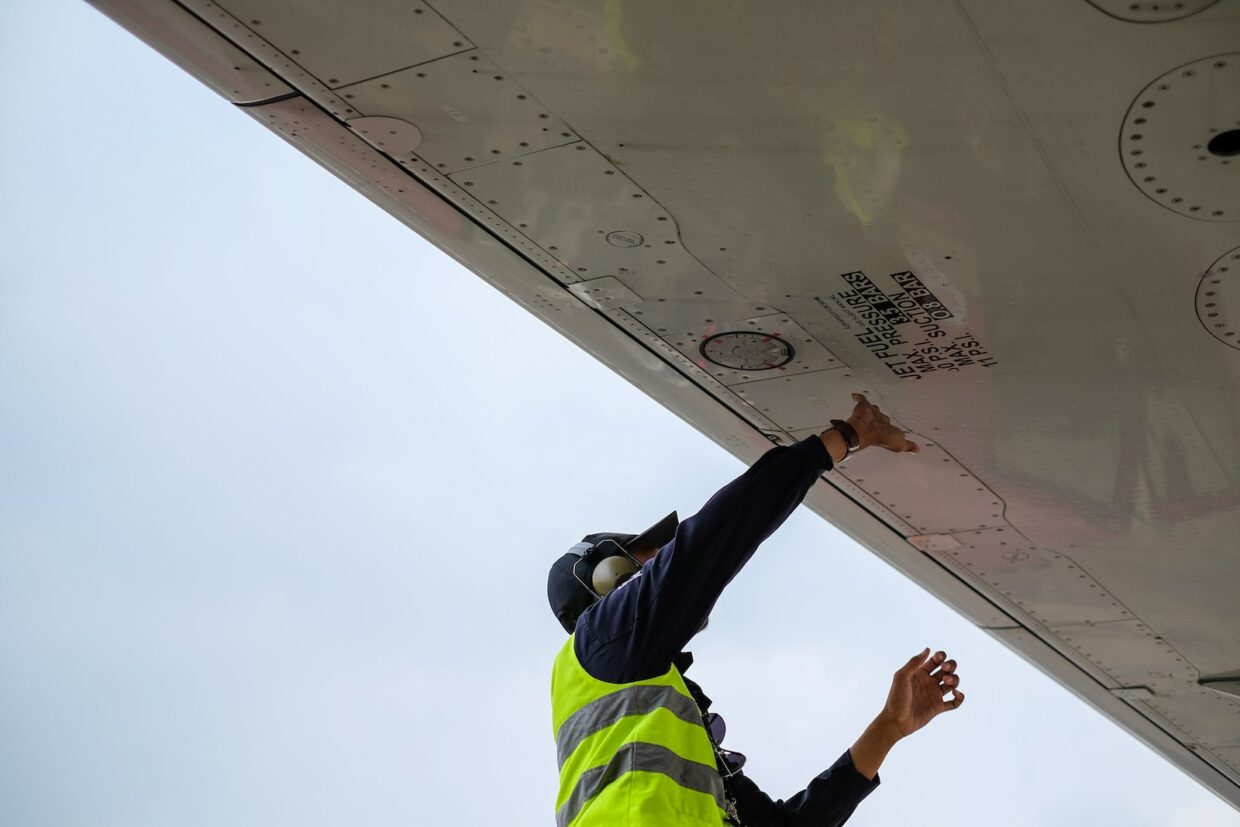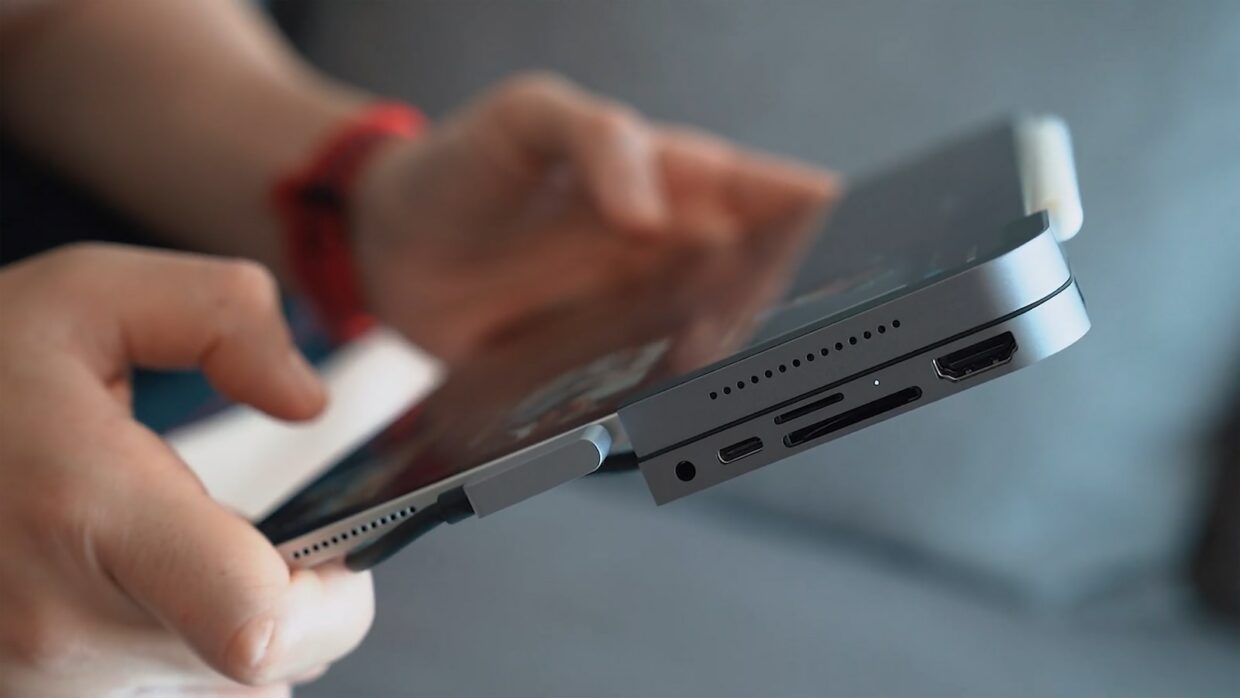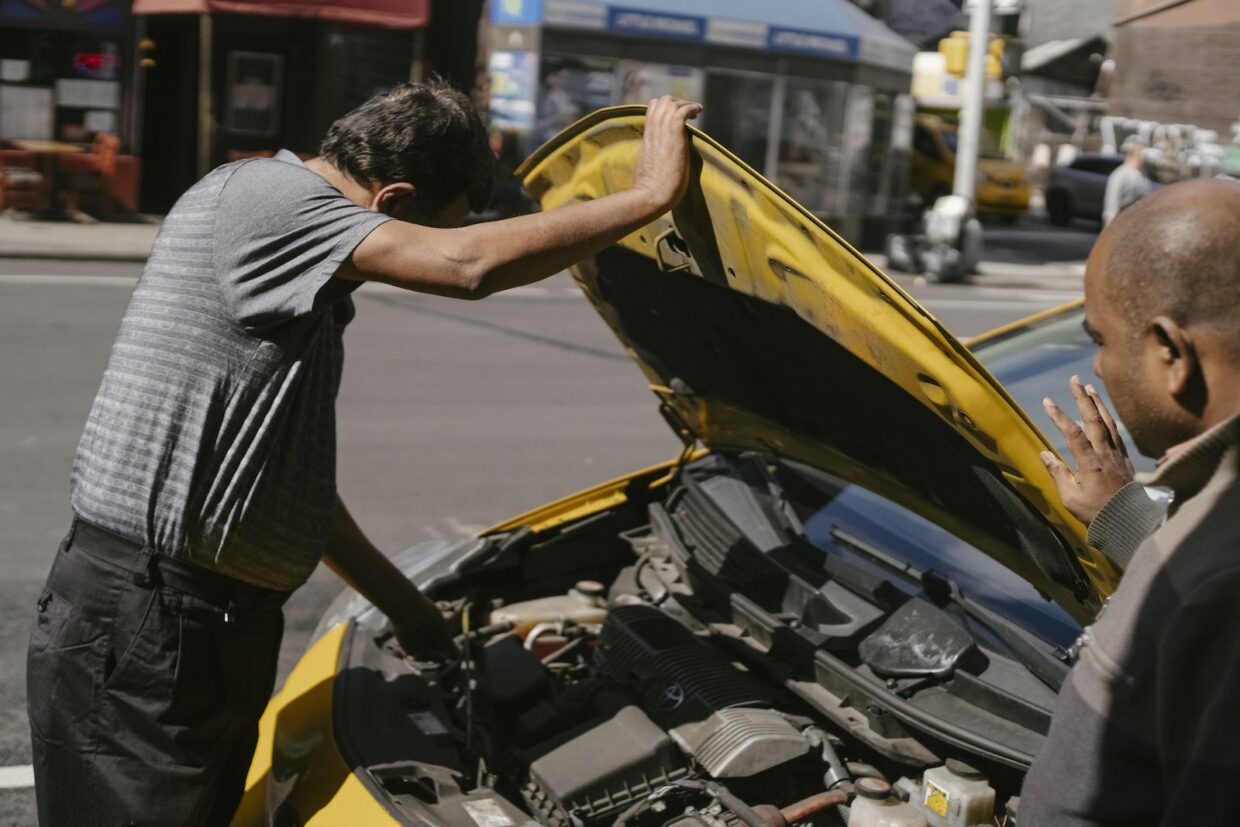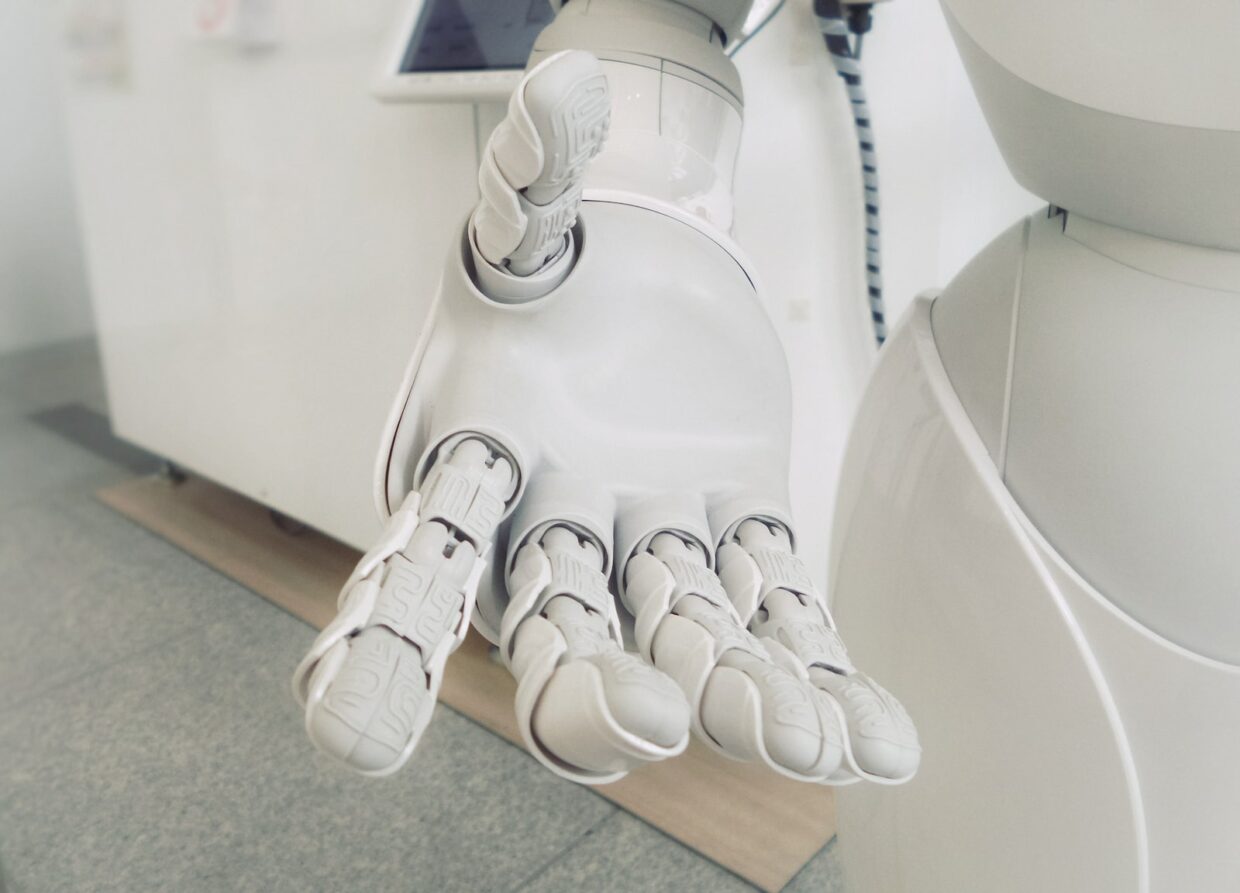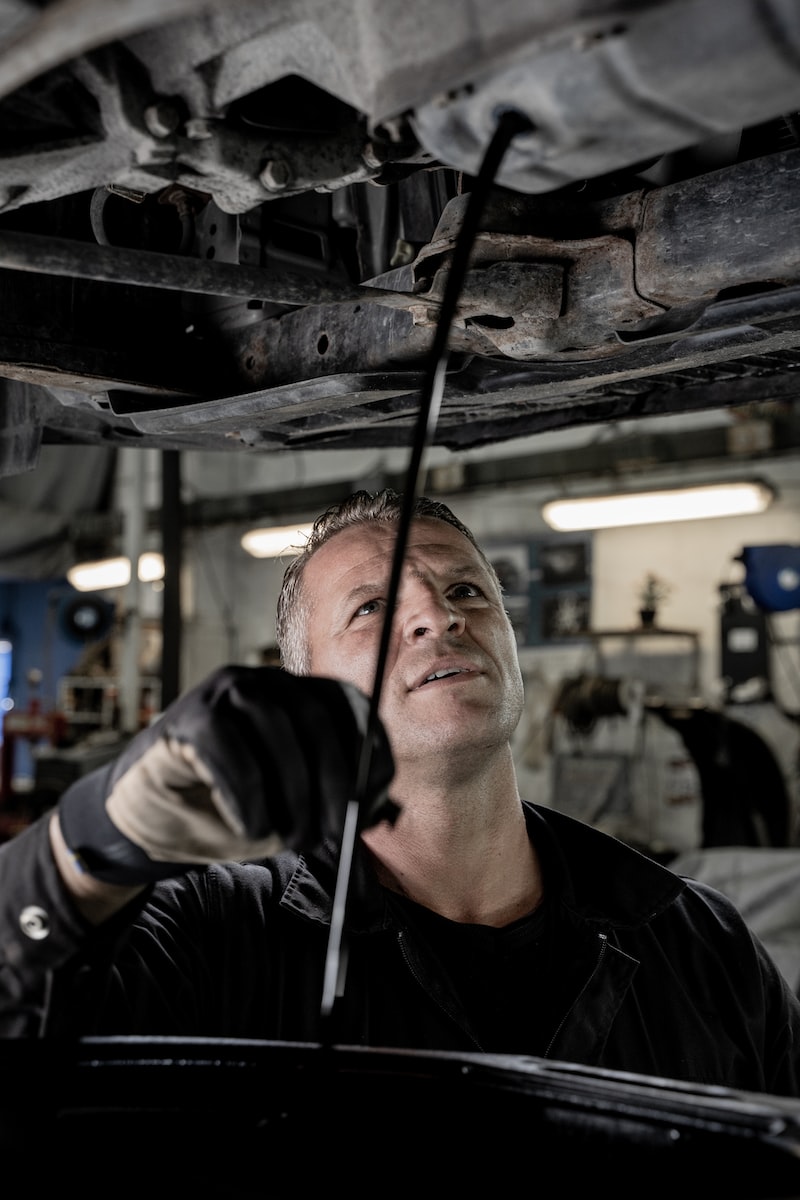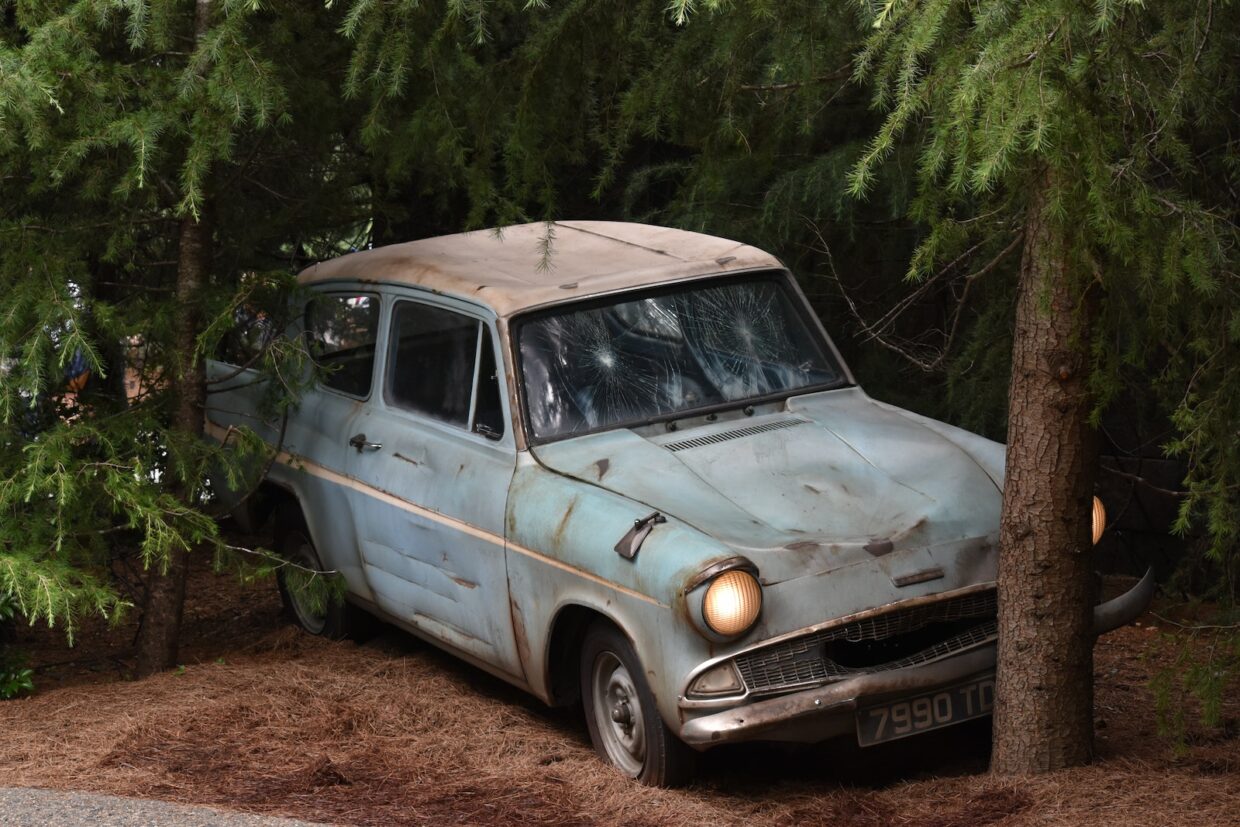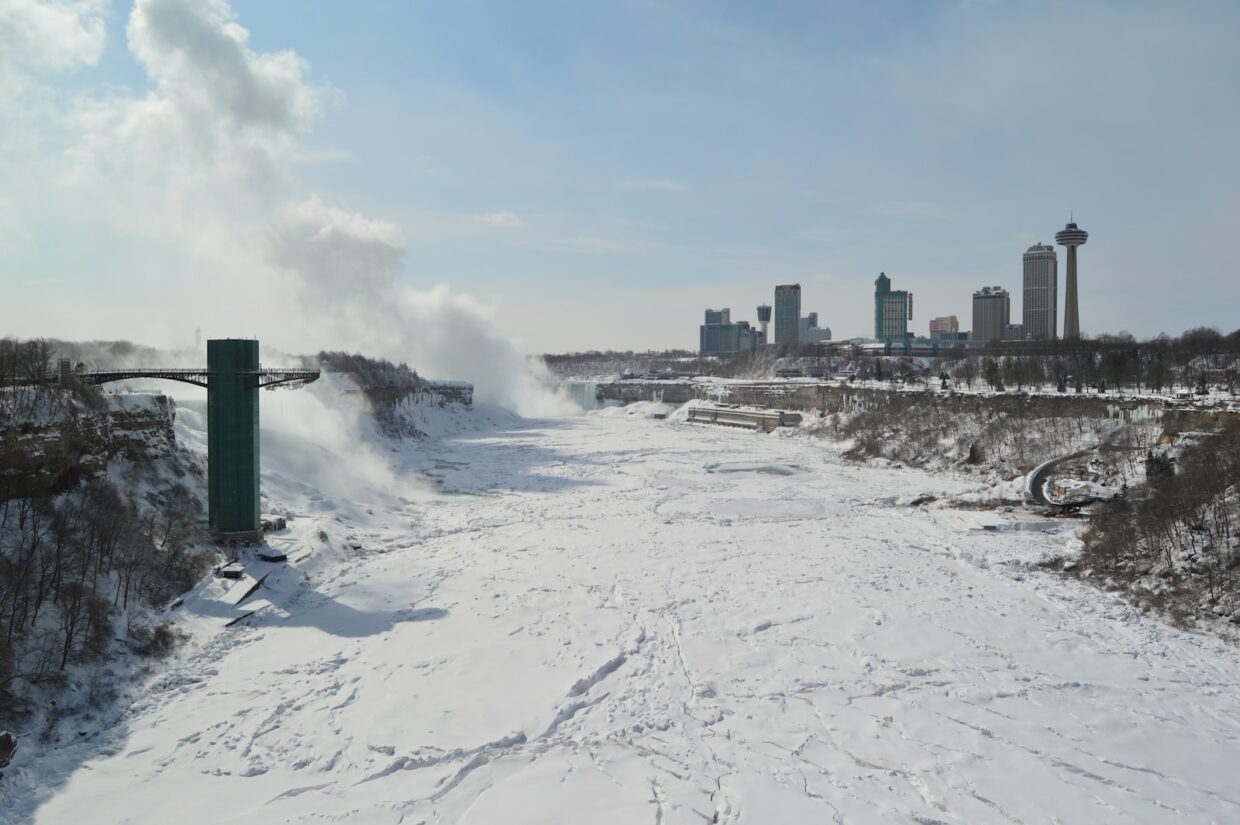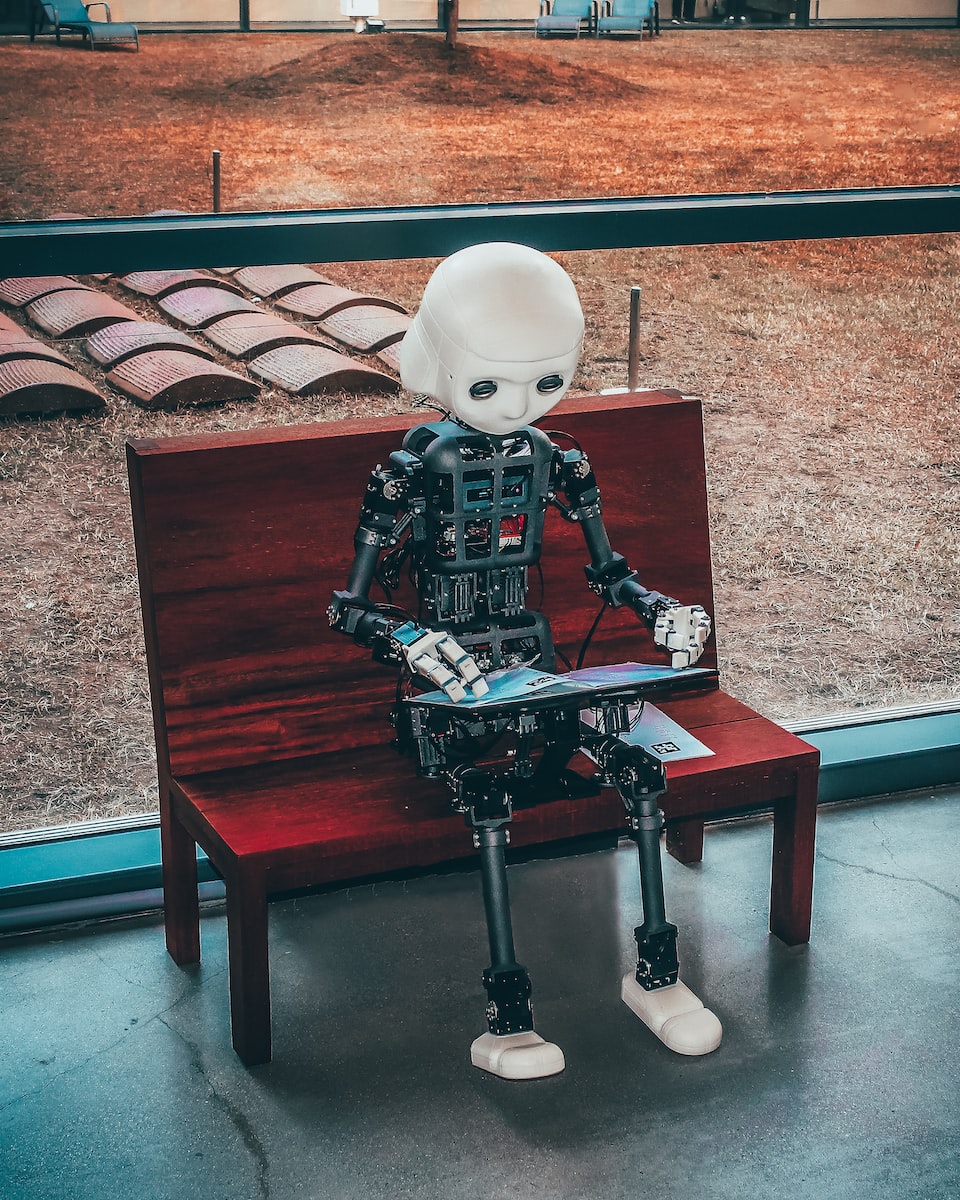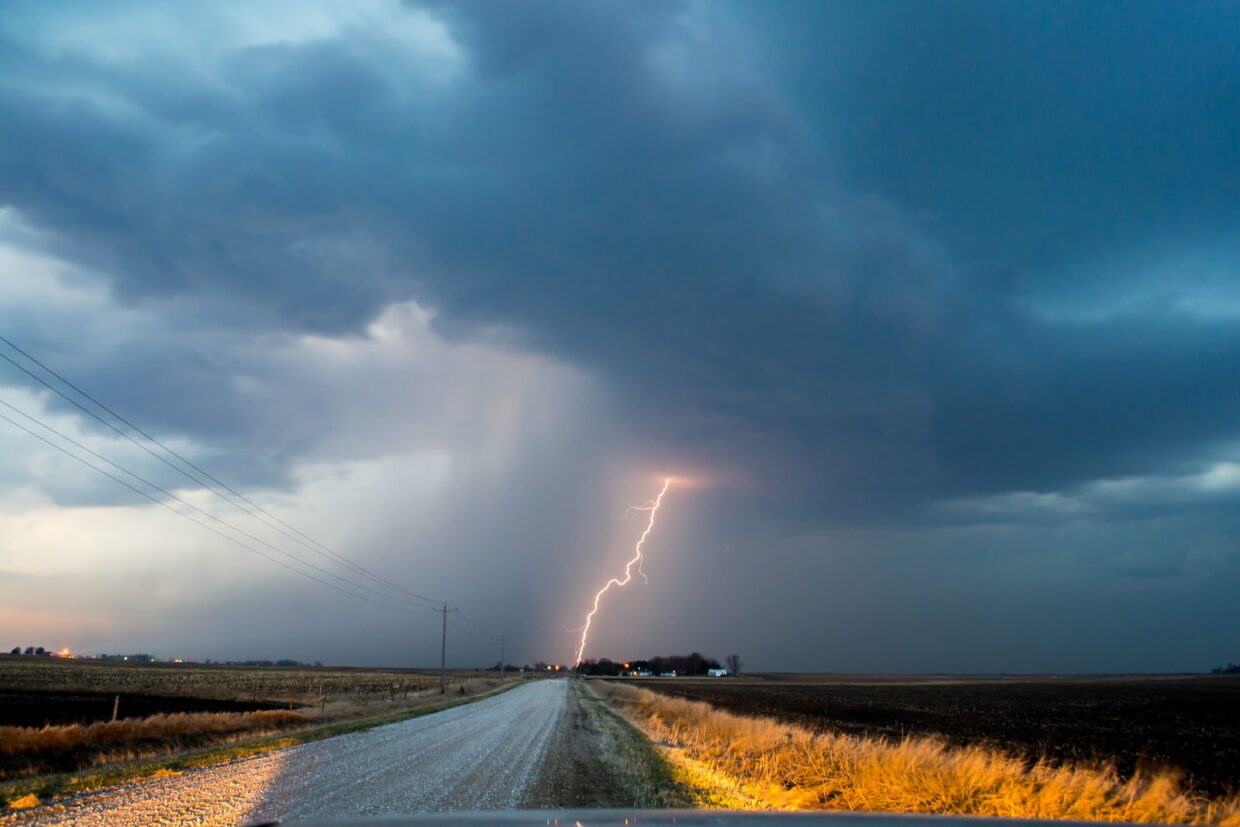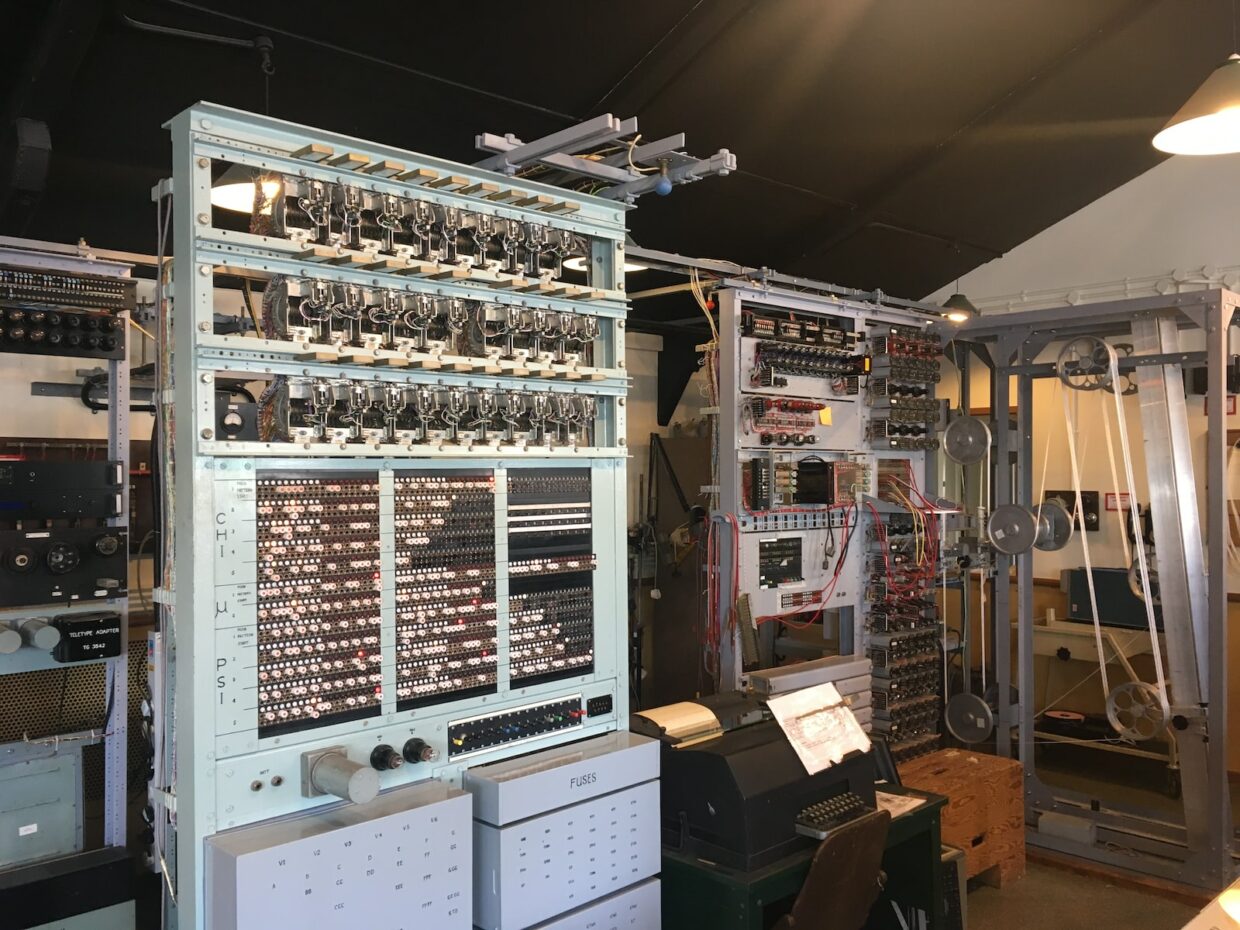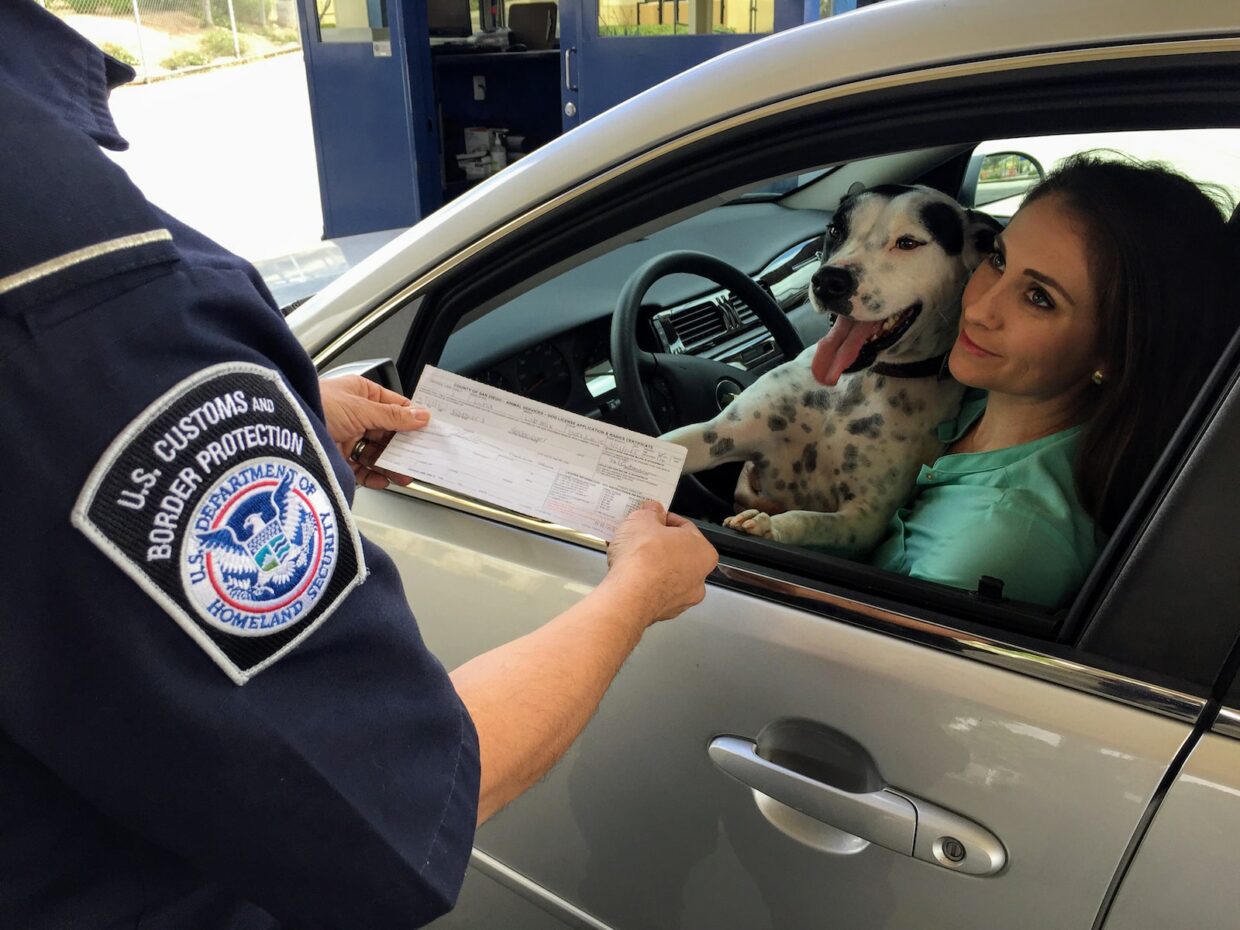When you turn the key to start your car, there’s a complex process happening under the hood to bring your engine to life.
One crucial component involved in this process is the starter solenoid.
However, sometimes this little hero can encounter issues, leaving you stranded with a car that won’t start.
In this article, we will explore the world of starter solenoids, understand their role in your car, and learn how to deal with the signs of a failing solenoid to get your car back on the road.
Additionally, we’ll discover how Car Wreckers Auckland can help with damaged vehicles.
What is a Starter Solenoid?
The starter solenoid is a small but mighty part of your car’s starting system. Its primary function is to act as a bridge between the battery and the starter motor.
When you turn the ignition key, the solenoid’s electromagnet pulls a plunger, completing the electrical circuit that allows the starter motor to crank the engine and start your car.
Signs of a Failing Starter Solenoid
When a starter solenoid starts to falter, it often exhibits specific signs that something isn’t quite right.
One common sign is a clicking sound when you turn the key to start the car.
This clicking indicates that the solenoid is trying to engage the starter motor but is unable to do so fully.
Another clear indication is when your engine doesn’t crank or start at all, leaving you scratching your head in frustration.
Causes of Starter Solenoid Failure
Starter solenoids, like many car components, can fall victim to wear and tear over time.
The constant engagement and disengagement during engine starts gradually take a toll on the solenoid’s internal components.
Additionally, electrical issues and corrosion can disrupt the smooth flow of electricity, preventing the solenoid from functioning correctly.
Diagnosing a Failing Starter Solenoid
To diagnose a failing starter solenoid, you can perform some simple checks.
Begin by examining the battery and ensuring it has sufficient charge.
Next, inspect the electrical connections leading to the solenoid for any signs of corrosion or looseness.
You can also use a multimeter to test the solenoid’s electrical continuity and determine if it’s functioning properly.
Fixing a Failing Starter Solenoid
If the issue is caused by corroded connections, cleaning or replacing them can often resolve the problem.
However, if the starter solenoid is beyond repair, it’s best to replace the entire unit.
It’s essential to use quality parts to ensure the longevity and reliability of the new solenoid.
Seeking Professional Help
While some starter solenoid issues can be fixed with simple DIY solutions, more complex problems may require the expertise of a qualified mechanic.
If you’re unsure about the diagnosis or lack the necessary tools and knowledge, seeking professional help is a wise decision to avoid further complications.
Preventing Starter Solenoid Issues
Regular maintenance and inspection of your car’s starting system can go a long way in preventing starter solenoid issues.
Keeping the electrical connections clean and secure and using quality parts during replacements can help extend the life of your solenoid and ensure smooth engine starts.
The Importance of Timely Action
If you notice any signs of a failing starter solenoid, it’s crucial to take timely action.
Ignoring the problem can lead to more severe damage to the starter motor and even the engine itself.
Addressing the issue promptly will not only save you from costly repairs but also ensure your car remains reliable and safe on the road.
Recycling Damaged Cars with Car Wreckers Auckland
For those whose cars have reached the end of their journey due to a failing starter solenoid or other issues, Car Wreckers Auckland offers an environmentally friendly solution.
These services responsibly recycle damaged vehicles, ensuring they don’t become an environmental burden.
By choosing Car Wreckers Auckland, you not only bid farewell to your old car responsibly but also contribute to a greener future.

